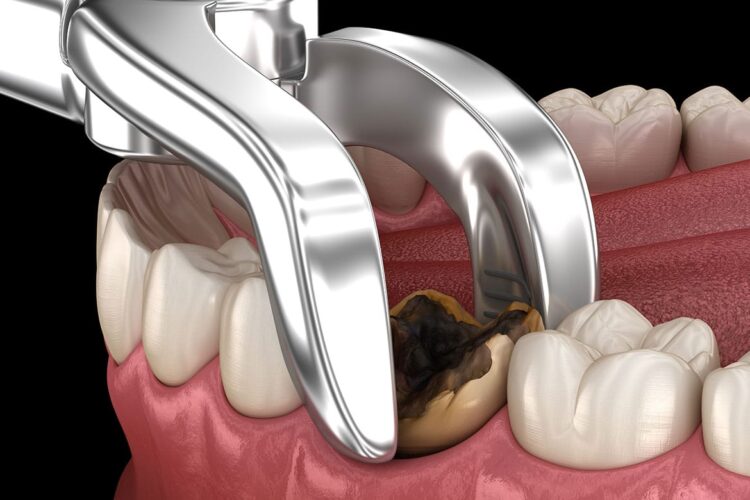Tooth extraction may be required for various reasons, including serious injury or rotting. A tooth extraction, one of the most popular dental treatments, can eradicate microorganisms and enhance oral health. It is sometimes necessary to have a tooth extracted as an adult. Talk to a dentist in Gulf Breeze, FL, today to learn more.
What is a tooth extraction?
A tooth extraction is a dental treatment that removes your tooth completely from its socket. This is sometimes referred to as “pulling” a tooth.
When is it necessary to pull a tooth?
When feasible, healthcare experts aim to save natural teeth. Other restorative procedures, such as dental fillings or crowns, are not always enough. If your tooth has been severely damaged and cannot be repaired, it may need to be extracted. If you have any of the following conditions, your dentist may propose tooth extraction:
- Severe gum disease
- Tooth decay or cavities that are severe
- Teeth that are crowded together
- A fractured or cracked tooth
- A tooth that has become impacted
- Other dental injuries, such as tooth luxation
Who conducts tooth extraction?
Some dental specialists, such as periodontists, oral surgeons, and dentists, can perform tooth extractions. While regular dentists handle many extractions, more complicated cases are typically sent to oral surgeons or periodontists.
What occurs before a tooth extraction?
The dentist will examine the afflicted tooth and the surrounding gums. Your dentist will also take dental X-rays to examine bone levels and determine the severity of the decay. Ensure your dentist knows of any drugs, vitamins, or supplements you are taking. Once all pertinent information has been acquired, treatment and sedative choices will be thoroughly reviewed with you.
Sedation options in dentistry
Sedation is available from many healthcare providers for tooth extractions and other dental operations. Sedation is useful for people who fear the dentist or simply wish to be more relaxed during their session. Among the sedative medicines used in dentistry are:
- Intravenous (IV) sedation
- Nitrous oxide
- Oral conscious sedation
Sometimes, your dentist may advise you to undergo general anesthesia in a hospital setting. This procedure is typically reserved for more complex patients, such as corrective jaw surgery or facial reconstruction.
What takes place during a tooth extraction?
A local anesthetic is administered to numb the afflicted tooth and surrounding gum tissue. Using special dental instruments, your dentist will gently loosen and carefully pull your tooth from its socket. Your dentist may need to make incisions in your gums to access your tooth, particularly if it is highly decaying or has broken off at the gum line. The socket is disinfected and cleaned after your tooth is extracted. In some circumstances, your dentist may also insert a dental bone transplant to prevent bone loss in your jaw. Eventually, stitches may be used to aid in healing.

